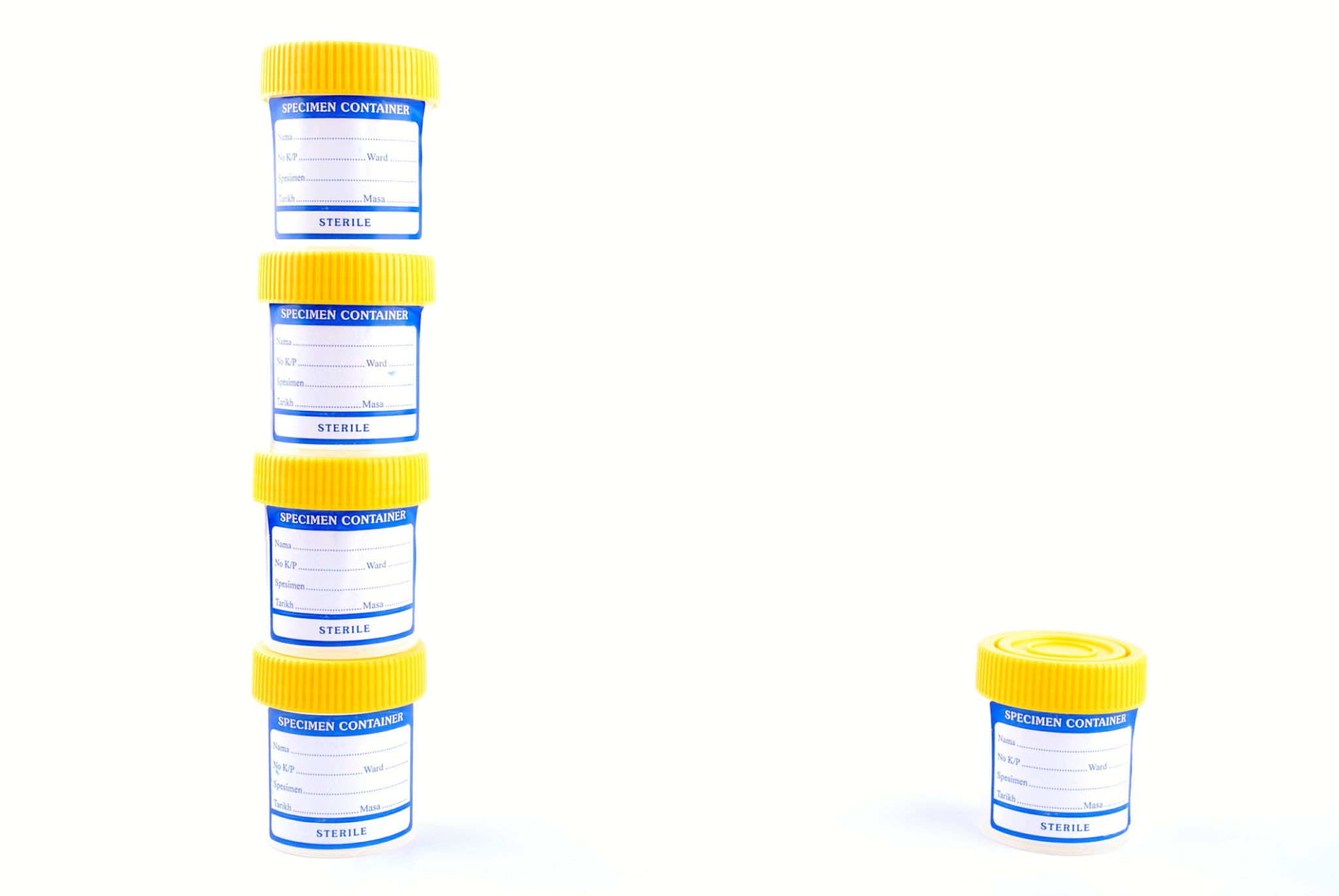Choosing Between Non-DOT and DOT Drug Testing: Which is Right for You?
DB
Understanding Drug Testing: DOT vs. Non-DOT
When it comes to drug testing in the workplace, understanding the differences between DOT and Non-DOT testing is crucial for ensuring compliance and maintaining a safe work environment. Both testing types serve specific purposes and are governed by distinct regulations. In this post, we'll explore their differences and guide you on which might be best suited for your organization.

What is DOT Drug Testing?
DOT drug testing is mandated by the U.S. Department of Transportation for employees who work in safety-sensitive positions. These roles typically involve operating vehicles or machinery that could pose significant risks if mishandled. DOT testing is strictly regulated, with specific guidelines on how tests are conducted, what substances are tested for, and how results are reported.
Employers in the transportation industry must adhere to these regulations to ensure the safety of both their employees and the public. DOT testing typically screens for substances such as marijuana, cocaine, opiates, amphetamines, and PCP.
Non-DOT Drug Testing Explained
Non-DOT drug testing refers to any drug testing that is not regulated by the Department of Transportation. This type of testing is often used by companies outside the transportation sector to maintain a drug-free workplace. Non-DOT testing offers more flexibility in terms of substances tested, frequency of tests, and the methods used.
Employers can tailor their Non-DOT drug testing policies to fit their specific needs, which may include testing for additional substances like alcohol or other drugs not covered under DOT regulations.

Key Differences Between DOT and Non-DOT Testing
Understanding the key differences between DOT and Non-DOT testing can help you decide which approach is best for your organization. Here are some important distinctions:
- Regulation: DOT testing is federally mandated and follows strict guidelines, whereas Non-DOT testing is more flexible and can be customized.
- Substances Tested: DOT tests have a standardized panel of drugs, while Non-DOT tests can include a broader range of substances.
- Industries Affected: DOT testing applies primarily to transportation sectors, while Non-DOT testing is applicable across various industries.
Which is Right for Your Business?
The choice between DOT and Non-DOT drug testing largely depends on the nature of your business and your specific needs. For companies within the transportation industry, adhering to DOT regulations is essential. However, businesses outside this sector have the liberty to design a drug testing program that aligns with their corporate culture and safety objectives.

If maintaining a high level of safety is a priority for your company—regardless of industry—a comprehensive Non-DOT drug testing program might be beneficial. It allows you to implement stricter standards than those mandated by federal regulations.
Implementing a Drug Testing Program
Once you've decided on the type of drug testing that fits your organization best, it's important to implement a clear and concise policy. This policy should outline the purpose of the testing, the substances being tested for, procedures for conducting tests, and consequences for policy violations.
Communicating this policy effectively to all employees ensures transparency and can help maintain trust within the workplace. It also serves as a deterrent against substance abuse.
Final Thoughts
Choosing between DOT and Non-DOT drug testing involves careful consideration of your industry requirements and workplace safety objectives. By understanding the distinctions and aligning them with your company's values and legal obligations, you can create a safer and more productive work environment.
If you're still unsure which type of testing is right for you, consulting with a legal expert or a professional in occupational health services can provide further guidance tailored to your specific situation.